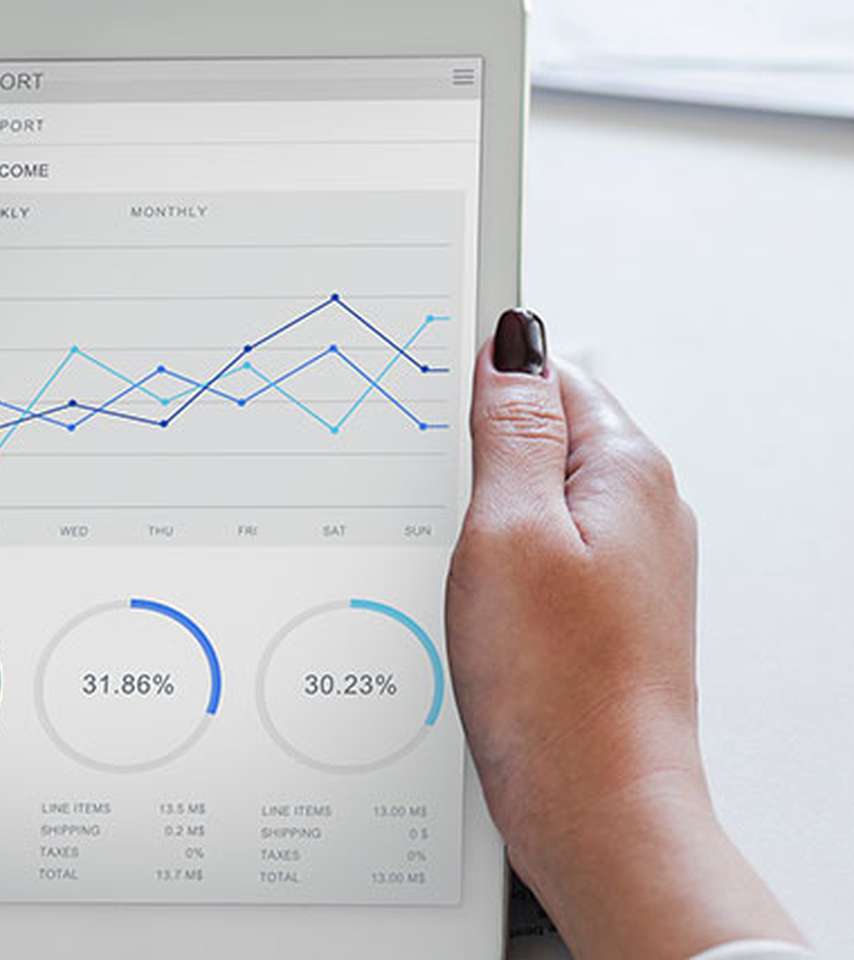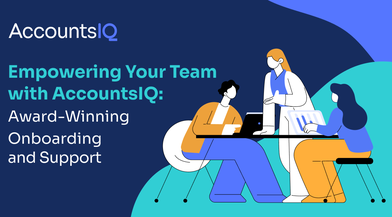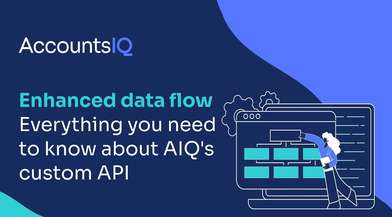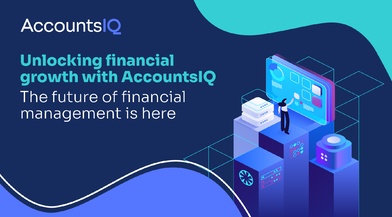
Specific accounting challenges faced by not-for-profit organisations aren’t easy to accommodate with standard business accounting software. That’s why it’s important for charities large and small to use software that’s designed for their particular needs.
Charities and their accountancy challenges
What makes a charity so different from a business? From an accounting perspective, there are several distinct idiosyncrasies that are only encountered in the charity sector.
Compliance
Charity accountants must deal with processes that don’t always apply in the business world, such as Gift Aid, SORP and VAT exemptions. They must produce a SoFA (Statement of Financial Activities) in accordance with the SORP (Statement of Recommended Practice).
There are strict rules and regulations for non-profits to comply with, governed by the Charity Commission, Office of the Scottish Charity Regulator (OSCR) and HMRC.
Cost-cutting and efficiency
While fundraising and generating income is fundamental to all non-profits, charities must also ensure that they keep costs at a minimum and drive efficiency. They are responsible for maintaining reserves at a healthy level without stockpiling.
Accountable to donors and trustees, charities must be cost-conscious and transparent in their expenditure, so any new purchase must be affordable within often-stretched budgets.
Gifts in kind
In the charity world, donations don’t always come in the form of cash. Goods and services may also form part of a charity’s income, which must be valued fairly and recorded in the accounts. This can be tricky to deal with using standard accounting software.
Subsidiaries
Many charities have a subsidiary trading arm to generate extra income. Like multinational corporations, international charities may have multiple subsidiary arms in different countries, and trade in different currencies.
What do charities need from their accounting software?
For an accounting system to be fit-for-purpose in a charity, it must first be affordable, and have the functionality to cope with the complex accounting needs outlined above. Gift Aid reporting and other routine requirements must be dealt with as standard.
In addition, charity accounting solutions must be user-friendly and easy to use by staff members throughout the organisation. They should help charities to work more efficiently, saving staff time through automation. Ideally, they can be integrated with other software for a streamlined system that boosts productivity.
Here’s some of the key functionality to look for in charity accounting software:
- Compliance with SORP requirements
- Gift Aid reporting
- Integration with other software, such as your CRM
- Functionality to handle gifts in kind
- Multi-currency accounting
- Consolidation functionality for charity subsidiaries.
AccountsIQ accounting software for charities
To date, more than 100 charities using AccountsIQ software designed for charities have found it affordable, efficient and tailored to the challenges they face. Equally suitable for small organisations and large international non-profits, AccountsIQ has the functionality and flexibility required for any charity.
In a special report, technology consultant John Tate (previously Special Adviser to the Charity Finance Group) looks at the issues facing the charity sector. He reviews AccountsIQ and its suitability for not-for-profit organisations.
Download the full report: Accounting software for charities: key issues and independent review
View our charity brochure


